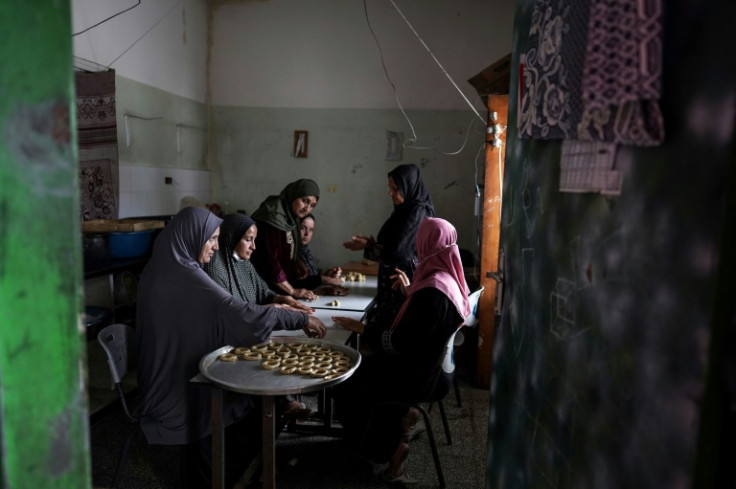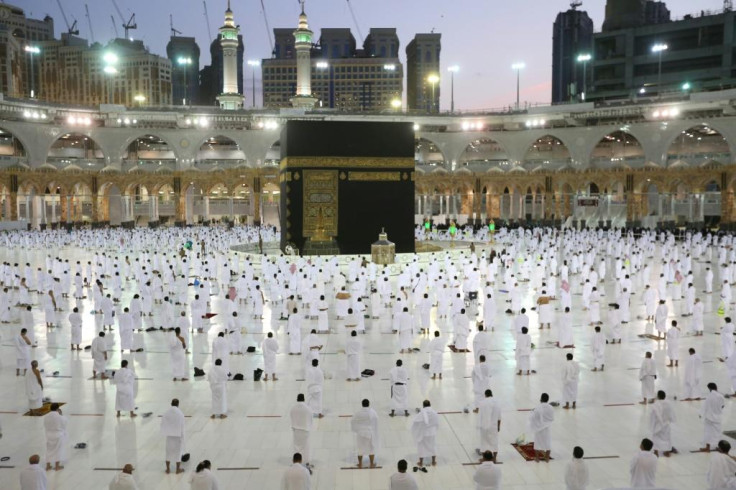
"Ironically, Ramadan is all about food," says Aya Yousef, an HLB Egypt Makary Consulting senior analyst.
While more than two billion Muslims endure a month of fasting, the international food consumption rate exceeds the typical consumption pattern.
"Food retailers stock products at least a month ahead in preparation for excess demand," Yousef added. "Supermarkets and hypermarkets extend hours to midnight and tend to have Ramadan-specific promotions and offers."
A survey published by HLB found that Muslim households see their food bills increase by 50 to 100 per cent during the holy month of Ramadan, which accounts for roughly 15 per cent of their annual expenditure on food in a single month.
Out of any product seller, date dealers see their profits increase dramatically during the Ramadan season. During the holy month of fasting, according to the research database Statista, around 1.7 million metric tons of dates were produced for last year's Ramadan in Egypt alone.
During Ramadan, Muslims follow the example of the Prophet Muhammad and the Abrahamic tradition by breaking their fast with dates. Also, dates are said to have multiple health benefits for people fasting.
Dates Dealer Sajad Ahmad explained: "In the month of Ramadan, we have brought multiple types of dates. People buy dates in huge quantities during the month of Ramadan. Kalmi, Medjoul, Amber, and Ajwa are available with us. We break our fast with dates. Around 90 per cent of people break the fast during the month of Ramadan with dates. We get a lot of customers from across the Valley, and this year, we have had a huge market."

Businesses are notorious for capitalising on the holy delicacy, with sources at Trading Corporation of Bangladesh (TCB) noting that the price of dates increased by 20 per cent in 2023 compared to that of the previous year.
Currently, Egypt, Iran, Saudi Arabia and Iraq are the world's leading date-producing and date-exporting countries.
Egypt has been named the nation producing the most dates each year.
Official figures published by World Population Review highlight how the world relies on Egypt for its date agriculture, producing more than one million metric tons of fresh dates yearly.
According to Hameed al-Nayif, a spokesperson for Iraq's Ministry of Agriculture, the nation produced almost a staggering 900,000 tons of dates in 2021.
"Date production was about 600,000 tons in 2019 and rose to 750,000 in 2020, while it reached nearly 900,000 tons in 2021."
"There is a huge demand for dates in the market; this time, they have sold like anything. We have so many dates available on the market. We are getting dates from Jordan. People buy in huge quantities and now want different types for their benefit. Mabroom and Kalmi and Medjoul are favourites among Kashmiris," said Mehraj Uddin, a dates dealer.
While other foods are also made specially for "Iftar", the meal that breaks the fasting period at sunset and "Suhoor", the meal that is held in preparation to fast on the following day, dates remain a must-have item in every Muslim household.







